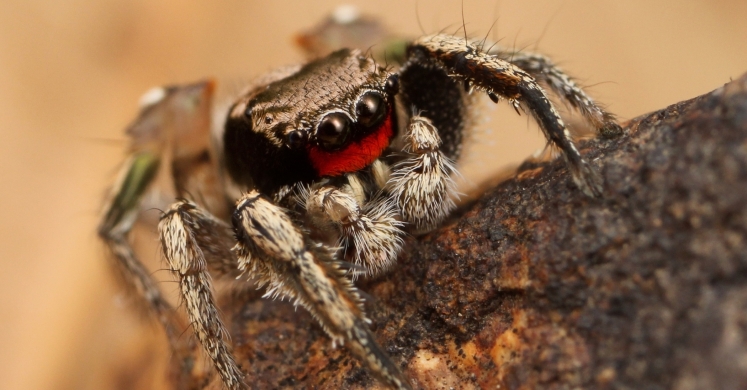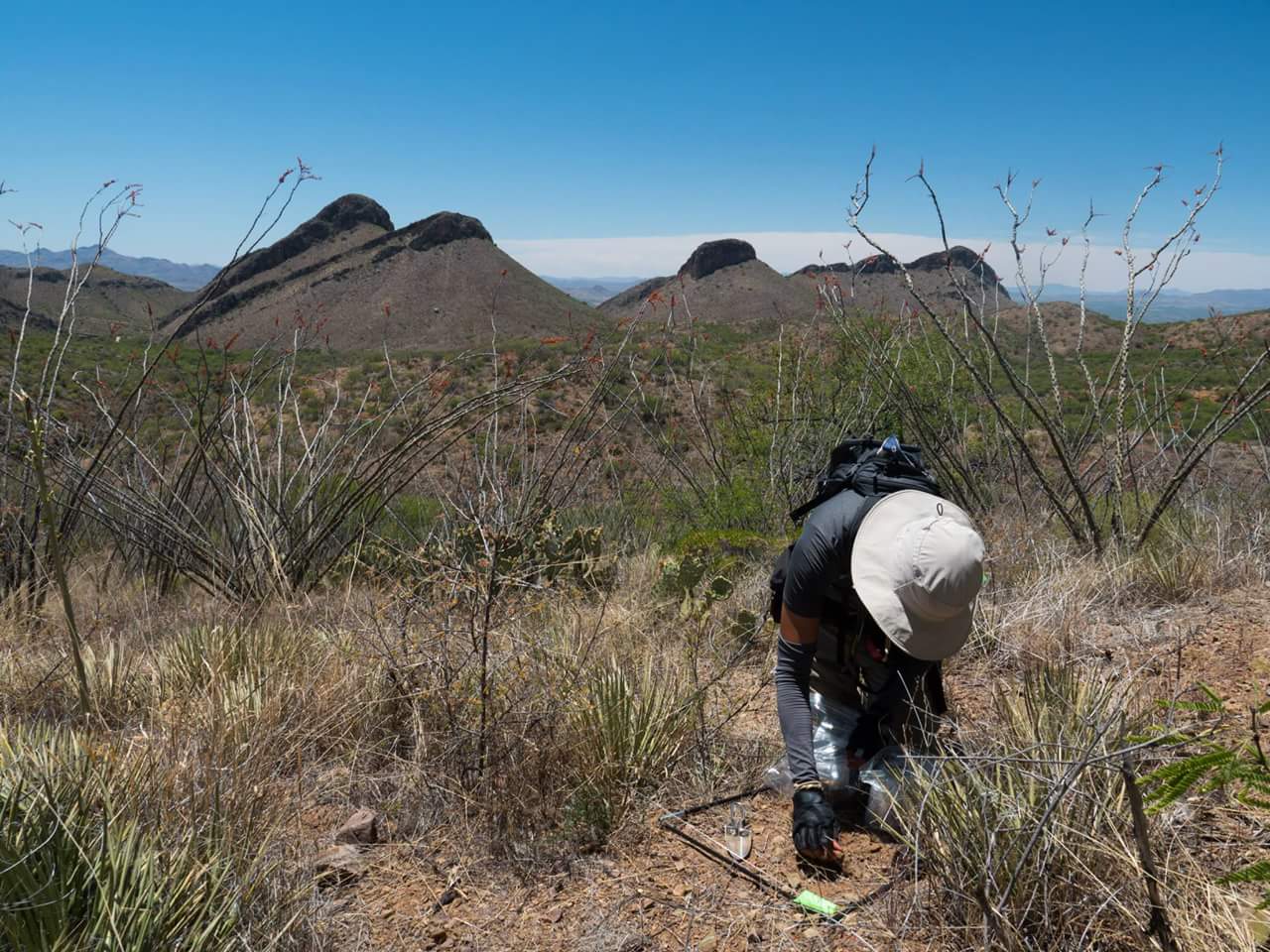Blog

Meet a Scientist: Sebastian Echeverri
Have you wondered how the world looks from a jumping spider’s perspective? This Saturday is your chance to learn more about it! Phipps Conservatory is hosting Sebastian Echeverri, a third-year doctoral student from the University of Pittsburgh, as this month’s Meet A Scientist. Read more about Sebastian below, and then be sure to stop by the Tropical Forest from 1:30-3:30 p.m. this Saturday!

Why did you become a scientist?
I grew up passionate about nature; science is my outlet for that passion. Educational programs like Bill Nye the Science Guy and Steve Irwin’s Crocodile Hunter were a big chunk of my childhood. On a simple level, I really enjoy discovering the cool things that animals do, and sharing that knowledge with others. As a scientist, I can formally be a part of both discovery and education.
What is the most exciting thing you’ve ever done at work?
I spent a few weeks last month figuring out how to operate an eye-tracking machine for our jumping spiders! I was able to look “inside” our spider’s eyes and see where her retinas were looking. This lets us figure out what the spider is actually paying attention to when she views a scene. This technology exists for larger animals, like humans, but these spiders are only a few millimeters long!
What skills do you use in your job?
Science is built on critical thinking, planning, and organization. You have to come up with a question, figure out how to test it, and keep track of everything. Being able to write clearly and convincingly about your work is also very important in order to share your findings with the rest of the scientific community. I’ve done a bit of programming at different stages of the research process, which is very common these days. Since I work with live animals, and we keep a colony of hundreds of individual spiders in the lab, I do a lot of animal care and handling as well.
What is your favorite part of your job?
I love being in the field and hunting for my spiders. It’s great being outdoors, and I get to really appreciate the world that my animals experience - a field of grass is a towering forest to a tiny spider! Plus, I always run into some an interesting plant or animal that I wasn’t specifically looking for.
If you weren’t a scientist, what would you be?
In an ideal world, an astronaut. Space has been another lifelong fascination for me. More realistically, an engineer and/or programmer. The problem solving aspects of those jobs really appeal to me, and I enjoy when I get to do some building and/or coding as a scientist.
Why is science education important?
Science is, fundamentally, a method for answering questions. Thinking, experimenting, and discovering are some of the most human things we can do, and science is the tool that lets us do so. Science education is not just sharing what we’ve learned about our world, but also how we’ve figured it out. It helps students learn how to learn across contexts. I also feel strongly that exposure to nature and wildlife will help us appreciate how precious each species is, be they a tiger or a spider.

Select Photos: Sebastian Echeverri and (cover) Ryan Kaldari CC-Zero

